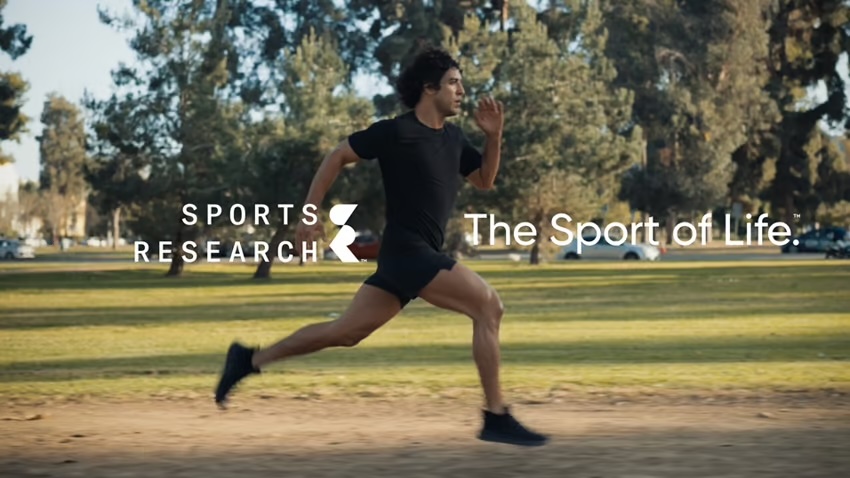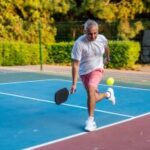Los Angeles-based company Sports Research, with a history of nearly 44 years in fitness, nutrition, and wellness, recently announced its new hero campaign titled “The Sport of Life.” This campaign, part of an ongoing rebranding initiative, marks a shift in the company’s approach, aiming to broaden its appeal and connect more personally with its audience.
Developed in collaboration with VaynerMedia LA, a global creative and media agency, “The Sport of Life” campaign moves away from product-centric narratives to focus on inspiring consumers in their overall health and fitness journey. This storytelling approach is designed to resonate with a wider audience, extending beyond just the hardcore fitness and athletic communities. It showcases various physical activities and life goals, emphasizing a balanced lifestyle that celebrates connection, healing, and recovery.
Dr. Upasana Upadhyay Bharadwaj, the study’s first author, and assistant professor at the University of California-San Francisco School of Medicine, led the research. The study involved evaluating the thigh muscles of participants from the Osteoarthritis Initiative. Using AI analysis of knee MRIs, the team compared patients who had undergone total knee replacement with those who hadn’t, matched for age and gender.
The findings suggested that a higher ratio of quadriceps to hamstring volume significantly correlated with a lower likelihood of knee replacement surgery. Additionally, higher volumes of hamstrings and gracilis (a muscle inside the thigh) were linked to reduced chances of knee replacement. These results indicate that training programs focusing on strengthening the quadriceps relative to the hamstrings could be beneficial for knee health.
About 14 million adults in the U.S. suffer from knee arthritis, with a high likelihood of eventually needing knee replacement surgery. The quadriceps and hamstrings are crucial muscle groups for the knee, with the former being the strongest in the body and essential for gait, and the latter vital for physical activity. The balance between these two muscle groups protects the knee joint and maintains proper biomechanics. An imbalance, along with other factors, could lead to osteoarthritis progression.
Though presented at a medical meeting and considered preliminary until published in a peer-reviewed journal, these findings offer insights into preventive strategies against knee replacement surgery and the importance of muscle balance in knee health.










